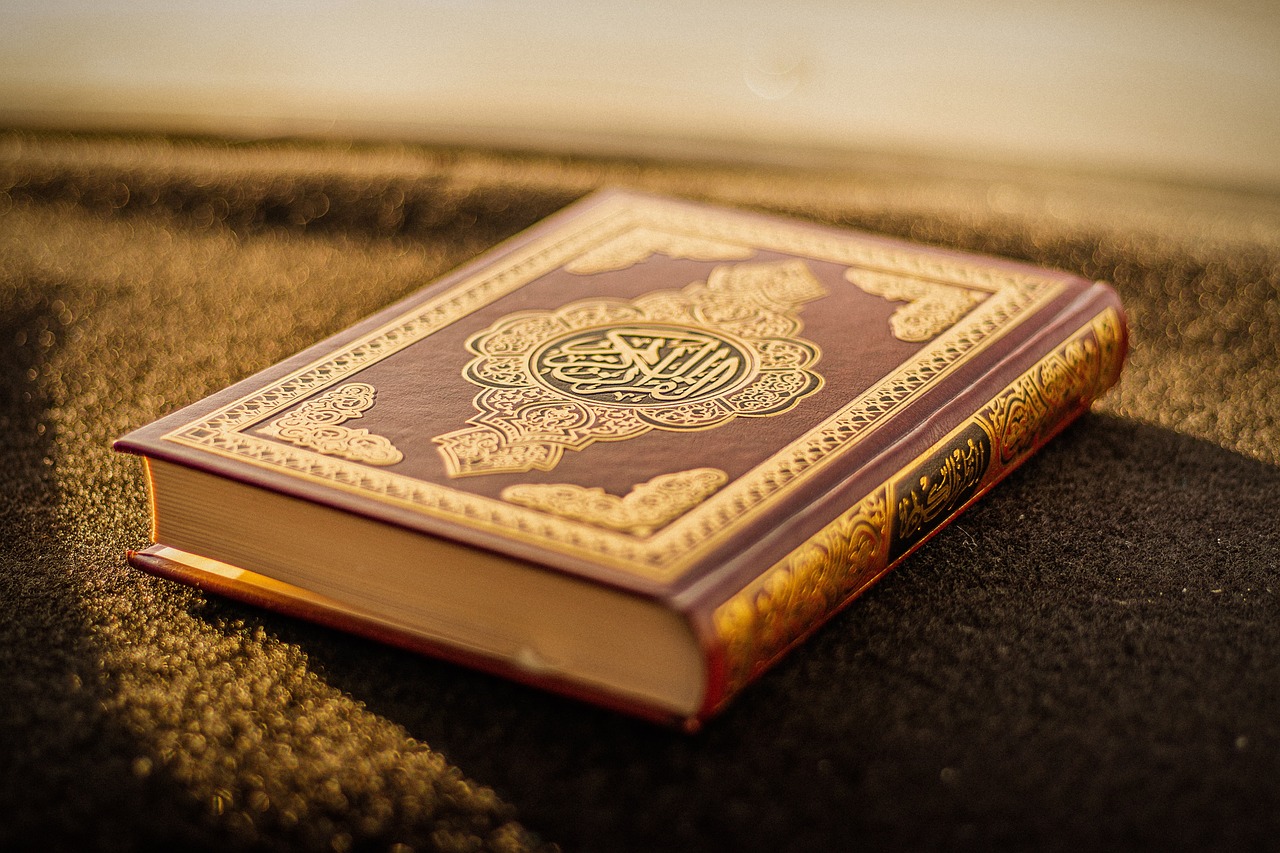
In our fast-paced world, where actions often speak louder than words, Islam reminds us of something even more powerful — intentions. Known as niyyah in Arabic, intention isn’t just a mental note or a fleeting thought. It’s the very foundation of every action in a believer’s life.
The Prophet Muhammad ﷺ said:
“Actions are judged by intentions, and every person will get the reward according to what they intended.”
(Sahih al-Bukhari, Hadith 1)
Let’s explore why intentions are so central in Islam — and how they can transform even the simplest act into an act of worship.
🌱 Intentions Give Meaning to Actions
Islam doesn’t separate the external from the internal. In fact, the heart of our actions — quite literally — is the heart.
Two people might perform the same action, like giving charity or helping someone in need, but in the sight of Allah ﷻ, their deeds could carry very different weights. One might be doing it for praise or recognition, while the other does it sincerely for the sake of Allah.
Only the second is rewarded with the full beauty and barakah of that deed.
That’s why before praying, fasting, studying, or even resting, the believer trains their heart to ask:
“Why am I doing this?”
💡 Even Daily Habits Can Become Worship
One of the most empowering truths in Islam is that even our ordinary actions can become acts of worship — if we intend them sincerely for Allah.
Here are a few examples:
- Studying for school can be worship if your intention is to gain knowledge to benefit the Ummah.
- Working a job can be worship if your goal is to provide halal income for your family.
- Exercising becomes rewardable if you aim to maintain the strength to serve Allah better.
This transforms your entire day. Suddenly, Islam isn’t confined to the prayer mat — it becomes woven into every moment.
🕊️ Purifying the Intention
Of course, intentions aren’t just something we check once and forget. They need renewal.
Our hearts are constantly exposed to distractions — from praise, ego, competition, and social media validation. That’s why scholars often remind us to purify our intentions regularly, especially in acts of worship or service.
Imam Al-Ghazali beautifully said:
“The corruption of the heart is more severe than the corruption of deeds.”
So if you ever feel your motivation slipping or your acts becoming routine, pause and reconnect with your why.
🕌 A Lesson for Students
If you’re studying the Quran, Arabic, or any Islamic subject, make it more than a task — make it a devotion.
Say quietly in your heart before you begin:
“Ya Allah, I’m doing this to gain knowledge that brings me closer to You.”
Even if the lesson is hard… even if progress is slow… your reward is growing with every sincere attempt.
That’s the beauty of intention — Allah sees the effort, not just the result.
🌟 Final Thoughts
Islam teaches us that Allah judges us based not only on what we do, but on why we do it. This reminder is both humbling and hopeful.
It means that even if you fail in execution, you can succeed in reward — as long as your intention is pure.
So today, before your next prayer, your next class, or your next conversation, take a moment. Set the intention. Align your heart. And witness how something small becomes something sacred.
📿 “Indeed, Allah is with those who do good.”
(Surah An-Nahl 16:128)